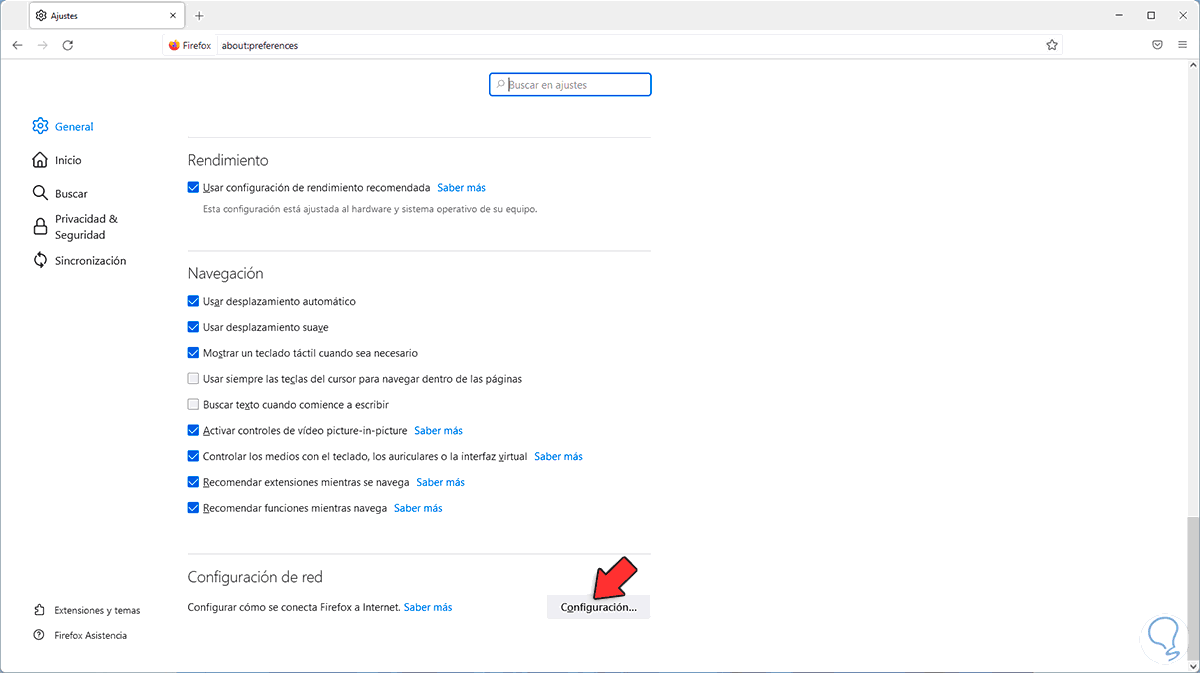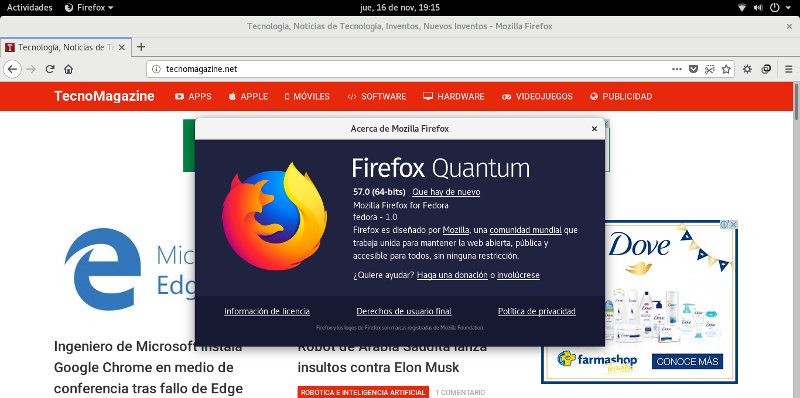

We normally don't go out of our way to make life harder for people maintaining Firefox ports, but in this case we can't let lesser-used platforms restrict us from using Rust in Firefox. If the outcome is that Firefox doesn't ship on non-Tier-1 platforms we are OK with that. However, we've decided that the advantage of using Rust is too great here. I agree that this could be a significant burden. > I am not saying we should not do it, just explaining the impact on > (In reply to Ted Mielczarek from comment #0) I am not saying we should not do it, just explaining the impact on non-tier-1 platforms
#Firefox quantum error no carga code#
If Firefox code uses the most recent features of Rust, that means that backporting Firefox involves backporting Rust + LLVM (and potentially gcc). * Rust moves super fast and has a tight dependency on the latest LLVM stable version. * As a nice side effect, as most of the GNU/Linux distro are still using gcc to build LLVM (and clang) and LLVM is not too afraid to require new C++ features, that means that, in some cases, gcc has to be backported (this is the case for some old Ubuntu LTS being still supported) * As Rust is based on LLVM, LLVM has to be properly supported on the OS and arch * Rust has to be supported on the OS or arch

To give more explanations with my Debian packager hat, Rust becoming a mandatory requirement means:

> mean that non-Tier-1 platforms may have a harder time building Firefox, but (In reply to Ted Mielczarek from comment #0)


 0 kommentar(er)
0 kommentar(er)
